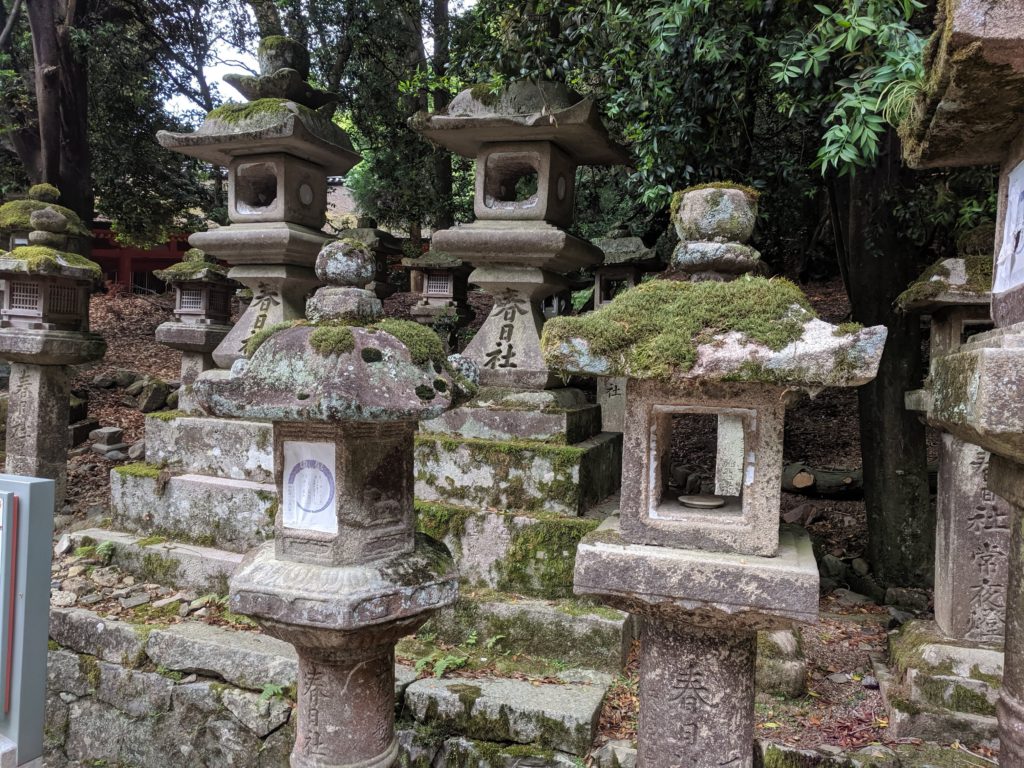
Rule Against Perpetuities
The Rule
The Rule Against Perpetuities is an archaic rule adopted by the U.S. as part of the Common Law heritage from its colonial predecessors. In most applications, it limits the length of time in which a person may control property. The time limit is generally based on the lives of people living during the lifetime of the person asserting the control. It effectively puts on expiration date on the ability to govern from the grave. Ironically, a rule that requires a Trust to terminate is a variation of ruling from the grave. Eventually, the living rule, not the dead.
I do not spell out the rule for several reasons. First, it is a dying animal. It is being abolished or limited in more and more jurisdictions. Second, it is something well crafted legal documents can avoid. And third, it is notoriously difficult to word correctly. The California Supreme Court ruled that getting the rule wrong is not attorney malpractice.
I was told the following account by attorneys who are in a position to know. An estate attorney discovered after decades of preparing Wills and Trusts, that he had used incorrect language for the Rule Against Perpetuities provisions in thousand of documents. He lived and worked in a relatively sparsely populated rural state with close knit community connections. In order to fix a problem that could adversely impact thousands of clients, he asked his legislator friends to abolish the Rule Against Perpetuities in their state. They obliged. Problem solved. That state is among the growing number that has abolished the Rule Against Perpetuities to one degree or another.
Arizona’s Exceptions to the Rule Against Perpetuities
The count of states to throw out or limit the old rule continues to rise. Arizona is among the 29 states that have carved out exceptions to the Rule. With the six that have abolished it altogether, there are at least 35 states where multi-generation Dynasty Planning has few if any legal barriers under the out-dated Rule Against Perpetuities. Although Arizona still has a Rule Against Perpetuities on its books (A.R.S. 33-261), it has carved out a number of exclusions (A.R.S. 14-2901) as part of its adoption of the Uniform Trust Code. This has created some interesting dialogue because the prohibition against perpetuities in Arizona is constitutional (Article II, § 29, Arizona Constitution). According to at least one Attorney General, Arizona’s statutory exclusions from the Rule Against Perpetuities are unconstitutional. Others, including those who participated in drafting the code, obviously conclude otherwise.
The Dynasty Trust Perpetual Planning Opportunity
Does the Rule Against Perpetuities constitute a genuine barrier to multi-generation dynasty estate planning? There are lawyers who will argue that it does. Most of such arguments are the product of inexperience and a lack of understanding. This argument is most often raised by those who focus on traditional estate planning, which has some fundamental distinctions from dynasty estate planning.
One of the ways in which the Rule Against Perpetuities can become a problem for the unwary is when a Trust is bound or tied to one of the 15 states that have some arbitrary limitation. Another common pitfall is when a Trust is written so that it relies or depends upon statute rather than spelling out its own rules of governance.
Those who routinely set up and run dynasty trusts know that it is unwise to lock a trust into any single jurisdiction or leave the details of the Trust up to future politicians. In today’s world, trusts own assets and have parties in multiple places, all of which can change. Because a Trust arises by the express relationship of the parties and property, and not by government license, it can be portable and jurisdiction independent. Even if one jurisdiction puts an arbitrary limit on a Trust’s timing, others do not. It is easy enough to move the Trust if and when it becomes necessary. With a well crafted Trust instrument, any limitations Arizona or any other locality may have are simply irrelevant. This is a level of legal counsel the so-called super rich obtain out of necessity because of their multi-jurisdiction footprint.
With a well crafted Dynasty Trust, the location of the Trust is not a limiting factor. Rather, it is a power that the parties to a Trust can employ to accomplish the Trust’s objectives. This means the Trust can move to any state, or as needed offshore.
The Dynasty Trust Downside
It may be that in the past Dynasty Trusts were only used by the super rich. But it was not because the super rich had more money. More often than not, they started out with similar amounts of wealth as their peers. The difference is, they were able to grow wealth over multiple generations. This was possible, in part, because they had better legal advice. The fact is that one of the reasons many of the super rich have the money they do is that generations ago their ancestors wisely implemented dynasty planning, so the family’s wealth was preserved and expanded over time.
As the quality of legal counsel improves and becomes more widely accessible, more and more people are availing themselves of this same type of planning. Dynasty planning is not just for those who are already super rich, but for those who have a long term plan to build and preserve wealth.
A Dynasty Trust may start out as revocable or irrevocable, but eventually they are all irrevocable. I occasionally here the claim that a downside of working with an irrevocable trust is that there is a complete lack of control. This is a peculiar argument, and betrays a significant lack of understanding. It is like saying that a downside of driving a car is a complete lack of control because if your feet aren’t on the ground you have no ability to start, stop or turn. The control of a car is not a function of having your feet on the ground. Likewise, the control of a trust is not a function of its revocability. The lesson is that people who don’t drive cars or use irrevocable trusts are not qualified to have an opinion about how much they can or cannot be controlled.
An Irrevocable Trust can accommodate and facilitate change according to its terms. There are many ways to update, upgrade or improve old our outmoded irrevocable trusts that do not have dynasty provisions.
The Dynastic Grant of Power
It is also important to dispel the notion that dynasty planning amounts to ruling from the grave. While dynasty planning does set boundaries that protect both the wealth from the family and the  family from the wealth, it is not about making the decrees of the dead unalterable. It is more about passing tools and resources on to future generations so that they can build their own lives and wealth. Dynasty estate planning is more analogous to granting the children of the king and queen the right and power to rule when their parents are gone, as opposed to expelling them from castle and country with whatever baggage of goods they can carry to fend for themselves in hostile territory.
family from the wealth, it is not about making the decrees of the dead unalterable. It is more about passing tools and resources on to future generations so that they can build their own lives and wealth. Dynasty estate planning is more analogous to granting the children of the king and queen the right and power to rule when their parents are gone, as opposed to expelling them from castle and country with whatever baggage of goods they can carry to fend for themselves in hostile territory.
The point of planning is to prevent eviction from the estate by the Rule Against Perpetuities and to stop governance by an outdated rule. Rather, Dynasty planning seeks to empower families to establish their own systems of governance with each generation contributing and strengthening the walls of the castle that protect the family wealth from the marauding and plundering efforts of politicians, plaintiff’s counsel, and spendthrifts.
No human enterprise lasts forever. Mortality, entropy, and the curse of Adam has its way with us all. However, ancient voices still speak from the dust, and light our way in a troubled world. Those who listen, can hear. We can be that voice for the generations that follow after us. We can’t force the future to listen. However, what we do with our estate planning will in large measure determine whether or not our voice remains audible to those future generations who are seeking to find their way.
The Rule Against Perpetuities is no longer a barrier to giving future generations the power they need to protect and grow the family wealth.
